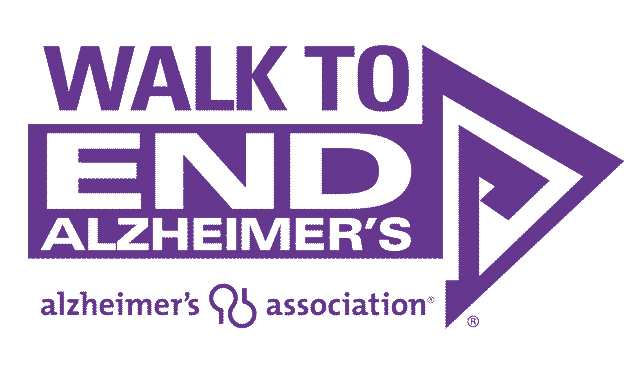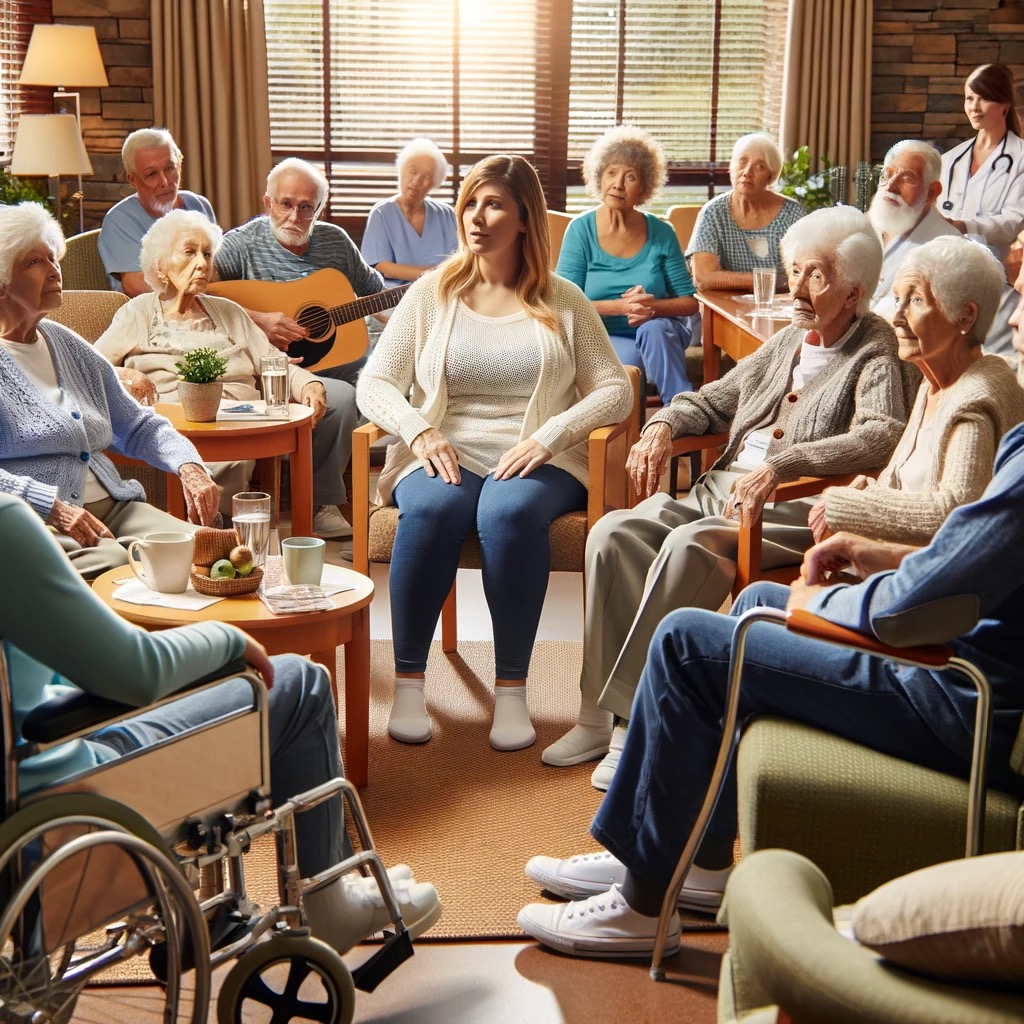The Geriatric Blog post(s)

“Move now- For Sale next!!”
•
If I had a dollar for every time someone said, “I’ll just live in the house while I sell it,” I’d be quite wealthy. I vividly recall uttering those very words myself, a new mother and wife, with two toddlers underfoot and a husband who had relocated ahead of us.…

Human Resources + Senior Living= Education
•
The number of work hours lost due to caring for loved ones who could potentially be in a senior living community can vary widely depending on the individual circumstances and the level of care needed. However, according to the National Alliance for Caregiving and AARP, caregivers in the United States…

Alzheimer’s Association Walk
•
Senior living communities should consider participating in the Alzheimer’s Association Walk to End Alzheimer’s for several reasons. Firstly, it allows them to show support for the cause and raise awareness about Alzheimer’s disease and other forms of dementia, which are prevalent among seniors. By participating, senior living communities can demonstrate…




